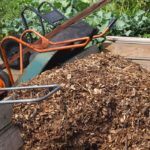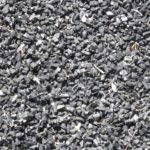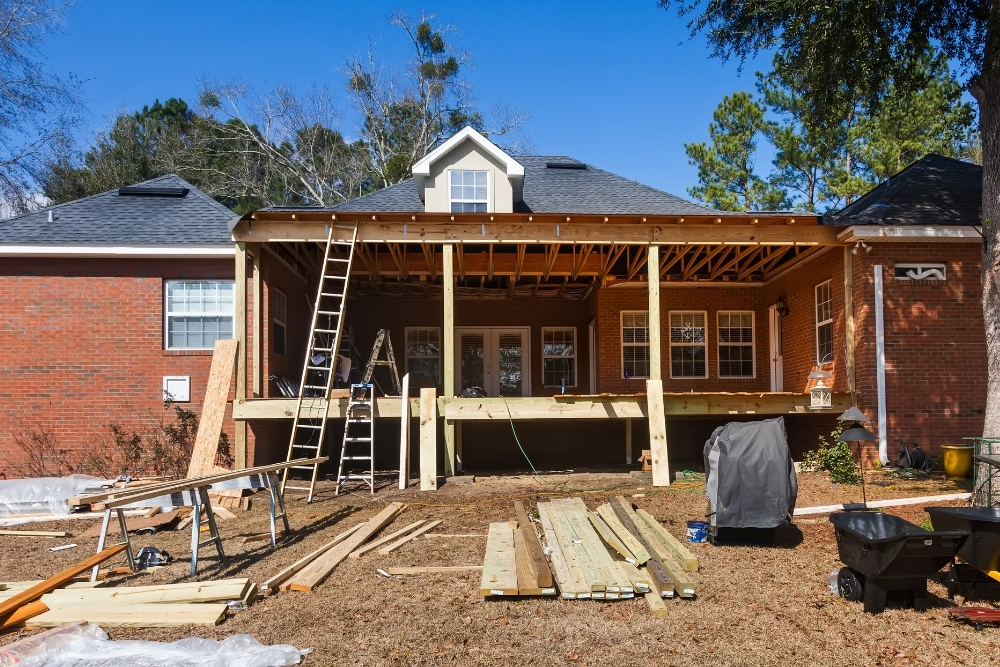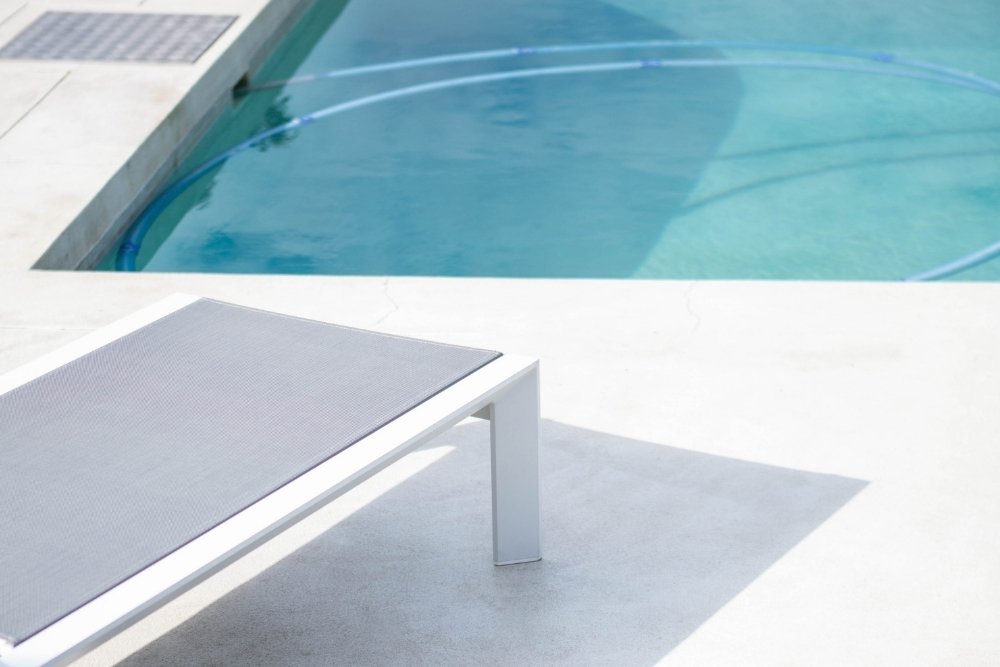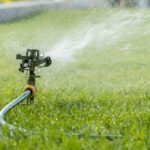Mulch can be described as a layer of something such as small pieces of wood, old leaves, or manure that’s used in the garden to improve the soil, suppress weeds, and ultimately help the plants grow. Mulch also contributes to the aesthetic appeal of your garden. Rubber mulch is made from recycled rubber or sourced from the remains of tires. It has increased in popularity due to its durability, but you still have to replace it at some point. So, how often does rubber mulch need replacing?
Rubber mulch can last up to ten years or more before it needs to be replaced. Rubber mulch inhibits the growth of fungus and mold, is easy to install, and requires little maintenance. Still, it can be toxic to plants in the long run as its chemicals begin to leech out.
Many gardeners have switched to rubber mulch, and it might be time for you to follow suit. Let’s take a look at exactly what rubber mulch is, how long it lasts, and its other pros and cons.
What Is Rubber Mulch?
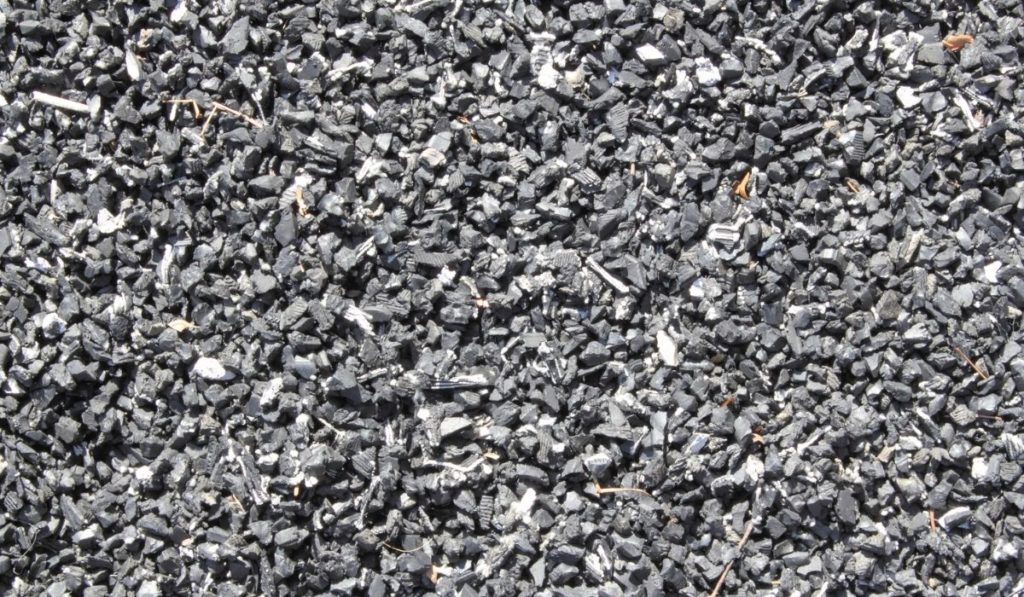
Rubber Mulch (on Amazon) is a type of mulch that is attained from recycled rubber, and it’s often derived from crumb rubber sourced from waste tires. Rubber mulch is primarily used in gardens and landscaping; it can, however, be used anywhere you see fit.
Rubber mulch, unlike many other types of mulch, doesn’t absorb water and, as such, inhibits the growth of fungus and mold.
Regular mulch is biodegradable and returns to the earth. Rubber mulch, on the other hand, is not biodegradable and, as such, doesn’t enrich the soil or increase the soil’s biodiversity through its decomposition.
This type of mulch is heavier than regular mulch and, as such, won’t blow away or disintegrate in poor weather. Rubber mulch is also much easier to maintain than regular mulch.
How Long Does Rubber Mulch Last?
A major advantage that rubber mulch has over regular mulch is its durability. Rubber mulch lasts many years and retains its look season after season. Its increased popularity can also be attributed to its durability.
When rubber mulch is appropriately installed, it requires little maintenance and can last for ten years or even more.
What Are the Pros and Cons of Rubber Mulch?
There are many benefits of using rubber mulch for your garden and landscaping. But there are some disadvantages to keep in mind as well.
Pros of Rubber Mulch
- It suppresses the growth of invasive plants such as weeds and fungus. Rubber mulch doesn’t absorb water, and as such, it serves as a weed barrier to invasive plant seeds and doesn’t allow them to reach the soil.
- It requires little maintenance. Rubber mulch saves you time and stress, as you don’t have to pull out weeds or use sprays to keep unwanted plants from growing.
- Rubber mulch is long-lasting and durable. Some people prefer rubber mulch to regular mulch because it doesn’t need to be changed as frequently. Rubber mulch can last up to ten years. It doesn’t change its color season after season.
- Rubber mulch is permeable. It allows water to reach plant roots more than regular mulch.
- Rubber mulch isn’t edible and therefore won’t attract bugs or termites.
- Rubber mulch is easy to install.
Cons Of Rubber Mulch
- Rubber mulch is more expensive. When comparing rubber mulch to wood mulch, it is more expensive. In the long run, however, it is more cost-effective. It takes quite a while to feel the return of the money, as long as eight years.
- It can be toxic to some animals and plants if consumed. Over time, rubber tires disintegrate and can leak heavy metals and chemicals into the soil, harming the surrounding plants. Zinc is one of the prominent metals found in rubber, and this can lead to zinc toxicity.
- Rubber mulch is flammable. While it’s true that most mulches can be set on fire, rubber mulch burns faster and hotter than wood. It is also more difficult to put out. Just as it’s not advisable to burn old tires, don’t take heat close to rubber mulch.
- Rubber mulch isn’t degradable. This also implies that, unlike wood mulch, it doesn’t add any nutrients to the soil. The fact that it’s not degradable makes it difficult when it’s time to clear out the rubber from your yard.

